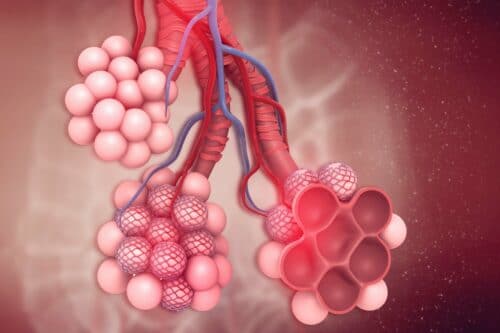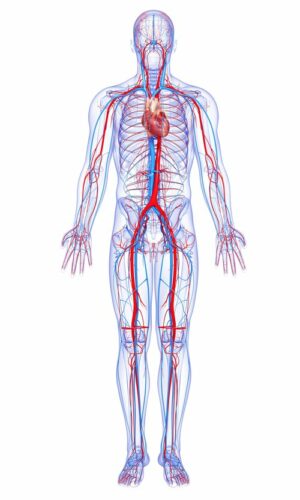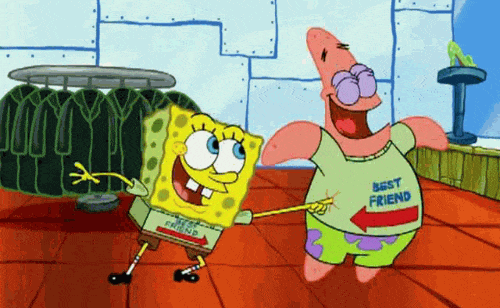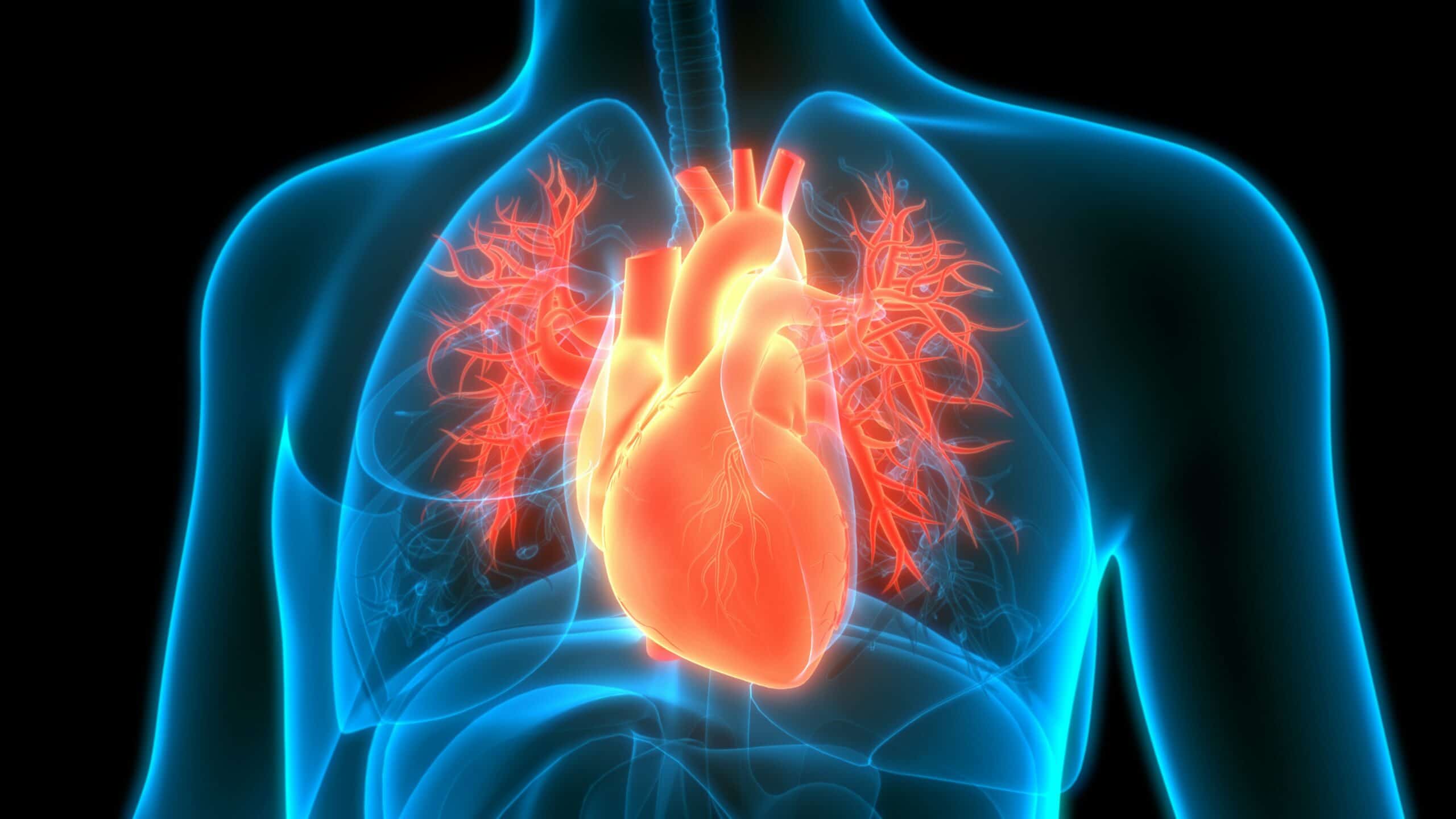We’ve plumbed the ocean depths and walked the surface of the moon, but humans still have much to learn about the staggering complexity of… ourselves.
From the nature of consciousness to why we yawn, our bodies have many secrets to reveal, and a lot of what we do know is profoundly bizarre.
These strange facts prove we all have low level superpowers (and perhaps that some researchers have a little bit too much time).

1. Your stomach can dissolve a razor blade
Stomach acid has a pH of between one and two, and as those of you who concentrated in chemistry class will remember, that’s extremely strong. A 1997 study pitted the potency of stomach acid against a host of metal items, and, though pennies and batteries emerged unscathed, razor blades were reduced to 63% of their mass within 24 hours. Do not try this at home, ever.
2. The surface area of your lungs could cover a badminton court

Alveoli inside the lungs (iStock/PA)
It depends whose numbers you’re using, but a badminton court is at the lower end of the estimates. More liberal projections opt for a tennis court – which, for the avoidance of doubt, is a good deal larger. Either way, that’s a lot of lung.
3. Humans become up to two inches taller in space
Take away the compressing effects of gravity and the human body quite literally diffuses. When NASA astronaut Scott Kelly returned to Earth after a year on the International Space Station, he was two inches taller than his pre-space self, and his identical twin brother Mark.
4. Humans are the only animals that cry…

…and we still aren’t 100% on the reasons. Darwin once declared emotional crying “purposeless,” and though some scientists say it’s a social signal of distress, no one has yet proven Darwin wrong. Human crying changes with age – for babies it’s more verbal, for adults more visual – and we remain the sole species blessed with the power to weep.
5. Your nostrils switch sides every few hours
Many nostrils make light work, and the so-called ‘nasal cycle‘ ensures your nostrils share the burden of breathing between them. Like almost everything humans have two of – lungs, kidneys, testicles – only one is required for life, and your two nose holes alternate regularly to give each other time to decongest.
6. Tongue prints are as unique as finger prints

Every person’s tongue bears a unique pattern, and in theory taking someone’s tongue print could identify them just as effectively as their fingers. Until criminals start licking crime scenes, however, we’re not sure it will catch on.
7. When listening to music, your heartbeat aligns with the rhythm
Whether it’s pulse-pounding thrash metal or the dulcet tones of Clair de Lune, our bodies are so finely-tuned that they synchronise with music. A 2009 study tested musicians and non-musicians against excerpts from Puccini, Verdi, Bach and Beethoven, and found that heartbeats in both groups quickly began to mirror the musical tempo. As it turns out, we’ve all got rhythm.
8. An average adult’s blood vessels could circle the Earth four times

The human body is incomprehensibly complex, and the circulatory system might be its most brain-melting part. Estimates suggest that if all our veins, arteries and capillaries were laid end to end, they would total a mind-boggling 100,000 miles. The equator is 25,000 miles. You can do the maths.
9. Your liver can almost completely regrow
The liver is the only organ in the body that can repair itself without scarring, akin to spiders’ legs and lizards’ tails, and after a traumatic event can regrow half its volume within a month. This does not mean it’s open season down the wine aisle. Just because you can do something does not mean it’s a good idea.
10. It is impossible to tickle yourself

We all know this to be true, but we’d wager most of us have never considered why. When you attempt to tickle yourself your cerebellum predicts the sensations and cancels the brain’s response, like a physiological plot spoiler.





